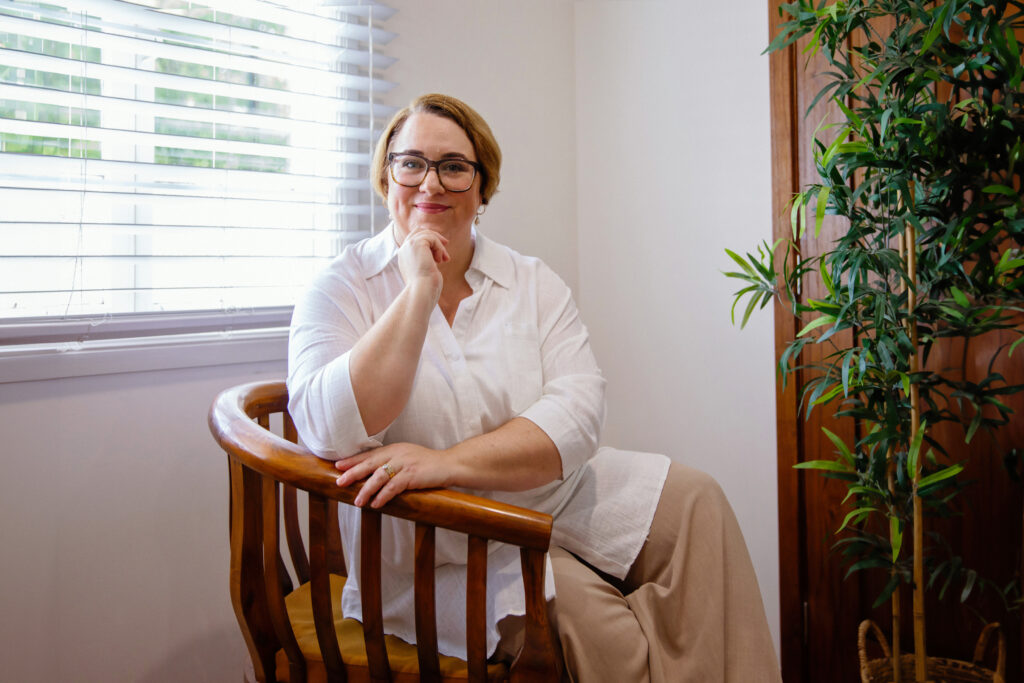Family law in Queensland deals with complex issues such as divorce, child custody, property settlements, and more. When it comes to dividing property after the breakdown of a relationship, one of the core principles that guides decision-making is the concept of “equitable” distribution. The just and equitable principle ensures that property settlements are fair and reasonable, tailored to the unique circumstances of each case. At Ryder Lawyers, we are committed to helping clients understand how these legal concepts impact their property division and overall family law matters.

What Does “Just and Equitable” Mean in Family Law?
In the context of family law in Queensland, the term “just and equitable” refers to the idea that any property division between separating or divorcing parties should be both fair and reasonable. This principle is a cornerstone of property settlements in family law and plays a crucial role in ensuring that both parties receive an outcome that reflects their contributions to the relationship, as well as their future needs.
In Queensland, the just and equitable principle is especially important in property settlements, where courts seek to divide assets between the parties in a way that considers not just legal ownership but the individual contributions each person has made, both financially and non-financially.
How is Property Division Determined in Family Law?
Property division in Queensland is typically governed by the Family Law Act 1975, which provides a structured approach to dividing assets between parties. The just and equitable principle is applied during the four-step process outlined below:

Step 1: Identifying the Assets and Liabilities
The first step in any property settlement is to identify and value all assets and liabilities accrued during the relationship. This can include the family home, vehicles, bank accounts, superannuation, and debts. Once these are identified, a determination can be made regarding how they should be divided.
Step 2: Assessing the Contributions of Each Party
Once the assets are identified, the court will assess the financial and non-financial contributions of each party. Financial contributions might include income earned, savings, and investments, while non-financial contributions can include homemaking, raising children, or contributing to the upkeep and improvement of the family home.
This stage considers equitable principles, meaning that while one party may not have contributed financially, their role in maintaining the household or caring for children can still be taken into account. The goal is to acknowledge and reward all contributions, whether monetary or otherwise.
Step 3: Considering Future Needs
After the contributions have been assessed, the court will consider the future needs of both parties. This can include factors such as:
- The age and health of each party
- The ability of each party to support themselves financially (e.g., employment status)
- The care of children or dependents
- The duration of the relationship
These factors influence how assets and liabilities will be divided to ensure that the settlement is equitable, taking into account the long-term impact on both parties.
Step 4: Determining What is Just and Equitable
Finally, the court will decide on the division of assets in a manner that is just and equitable for both parties. This is done by considering all the circumstances of the case, including the contributions, future needs, and the overall fairness of the division.
Why is the Principle of “Equitable” Distribution Important?
The principle of equitable distribution plays a significant role in ensuring that property settlements reflect not only the legal ownership of assets but also the broader context of the relationship. It helps to prevent situations where one party is unfairly disadvantaged due to an imbalance in financial contributions or the care of children. Here are some key reasons why this principle is so important:
- Fairness for Non-Financial Contributions: The equitable principle allows the court to take into account non-financial contributions, such as the work done by a homemaker or caregiver. This ensures that individuals who may not have contributed financially but have still played an important role in the relationship are treated fairly.
- Protecting Vulnerable Parties: Often, one party may be in a more vulnerable financial position after separation, such as a stay-at-home parent who has limited income or career prospects. The just and equitable principle ensures that those who are financially disadvantaged are provided for and that the division of assets reflects their needs.
- Ensuring Fair Outcomes: The just and equitable principle allows the court to avoid rigid, one-size-fits-all solutions. Each case is assessed individually, considering the unique circumstances of the parties involved. This flexibility helps ensure that the outcome is fair and reflects the reality of the relationship.
- Addressing Future Needs: The equitable approach considers the long-term needs of each party, not just the immediate division of assets. This ensures that the settlement supports both parties in the future, whether that means helping with financial stability, housing, or supporting children.
Can the Principle of “Equitable” Distribution Be Challenged?
Yes, the principle of equitable distribution is not set in stone. If one party believes that the proposed division of assets is not fair or does not reflect their contributions or future needs, they can challenge the settlement. In such cases, legal representation is crucial.
At Ryder Lawyers, we assist clients in navigating the complexities of family law and ensuring that their property settlements are fair and just. Whether you’re negotiating an agreement or need help contesting an unfair division, our team is here to support you through every step of the process.
How Ryder Lawyers Can Help You with “Equitable” Property Settlements
At Ryder Lawyers, we understand how difficult and emotionally charged property settlements can be, especially when determining what is just and equitable. Our family lawyers are here to provide advice, mediation, and legal representation to ensure that your settlement is fair, reasonable, and tailored to your needs.
We assist clients in navigating the complexities of the Family Law Act and the principle of equitable distribution, helping to protect your rights and ensure a fair division of assets.
Conclusion
The principle of equitable distribution is central to family law in Queensland and ensures that property settlements are fair, reasonable, and reflective of each party’s contributions and future needs. At Ryder Lawyers, we are committed to helping individuals achieve a just and equitable outcome in their family law matters. Whether you need advice on a property settlement or require assistance with negotiating an equitable division of assets, our experienced family law team is here to support you. Contact us today for expert legal advice and representation.
how to conNECT WITH us
FOR NEW CLIENTS
Get in Touch
Reach out to us by phone on (07) 3709 1330 or book a call-back from a lawyer at a time that works for you. Our expert team is ready to listen and to start the conversation about how we can work together.
Free Family Law Consultation
We offer a no-obligation, free 15-minute phone consultation for all new Family Law clients to discuss your situation. Let’s work out if we are a good fit for you, and discuss your options. How can we help?
Legal Advice Appointments
Book a legal advice appointment at our Daisy Hill office. A lawyer will answer your questions, give you advice about your rights and options, and plan a way forward. Legal advice appointments attract a fee of between $275 and $880. Call us on (07) 3709 1330 or request a call-back to schedule.




